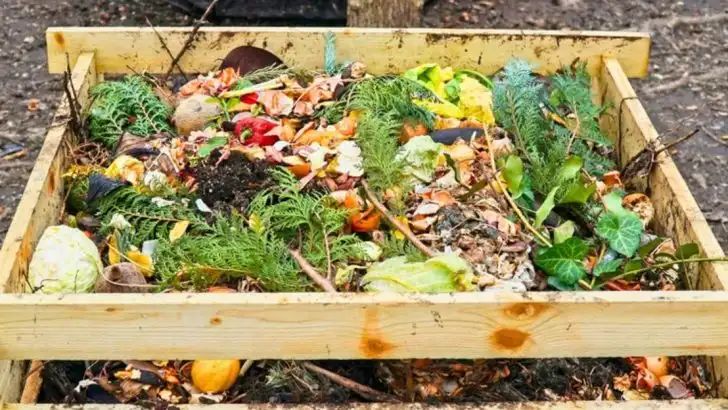Store-bought compost might seem like a convenient solution—but many seasoned gardeners have discovered it often falls short. From inconsistent quality to hidden additives, commercial blends can’t match the benefits of homemade, living compost tailored to your garden’s needs.
By making their own, experienced growers gain full control over the ingredients, resulting in compost that’s richer in nutrients, biologically active, and better for building long-term soil health. Plus, it’s a smart way to cut waste, save money, and truly understand your soil.
In this article, we’ll explore why more gardeners are ditching the bagged stuff, and how you can start crafting high-quality compost at home—no special equipment required.
Control Over Ingredients
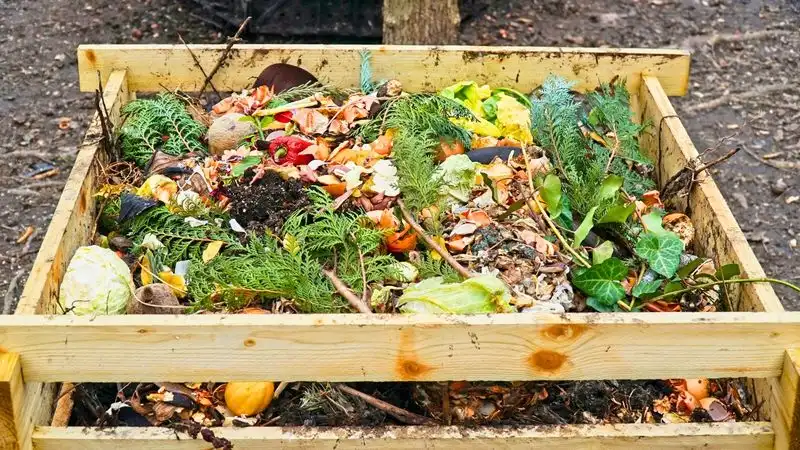
For many seasoned gardeners, knowing exactly what goes into their compost is crucial. Crafting compost at home allows them to select choice materials, free from chemicals and pesticides. This personalized approach ensures only the finest quality for their plants.
Imagine being able to tailor your compost to suit specific plant needs. Whether it’s a nitrogen boost or a touch of potassium, homemade compost grants gardeners this unique advantage. In contrast, commercial options often lack transparency, leaving gardeners in the dark about the contents.
Embracing this method means healthier soil and thriving gardens.
Cost-Effectiveness
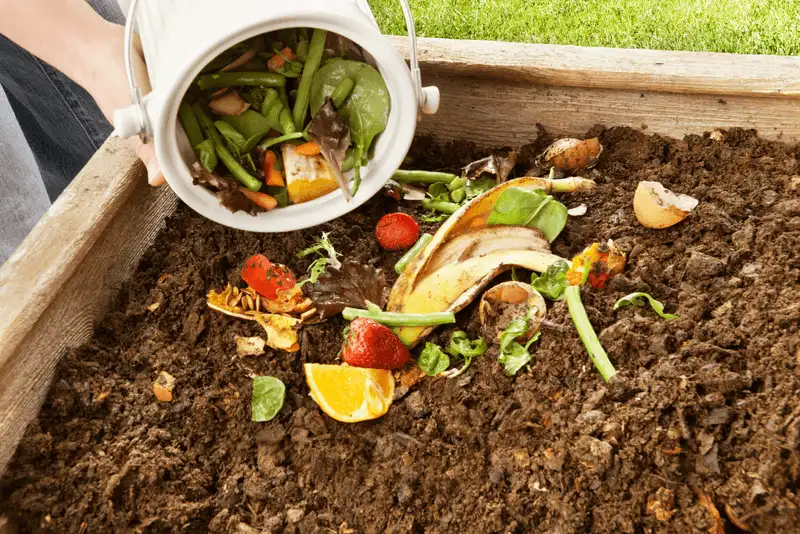
Gardening on a budget? Many have discovered that making their own compost saves a considerable amount of money. With just kitchen scraps and garden waste, creating compost becomes an economical choice.
Instead of purchasing bags of commercial compost, gardeners recycle what they already have. This reduces household waste and cuts down on unnecessary spending.
Over time, these savings contribute significantly to the overall gardening budget, allowing for investments in other areas. This frugal approach doesn’t just make financial sense; it fosters a sustainable gardening practice.
Environmental Impact
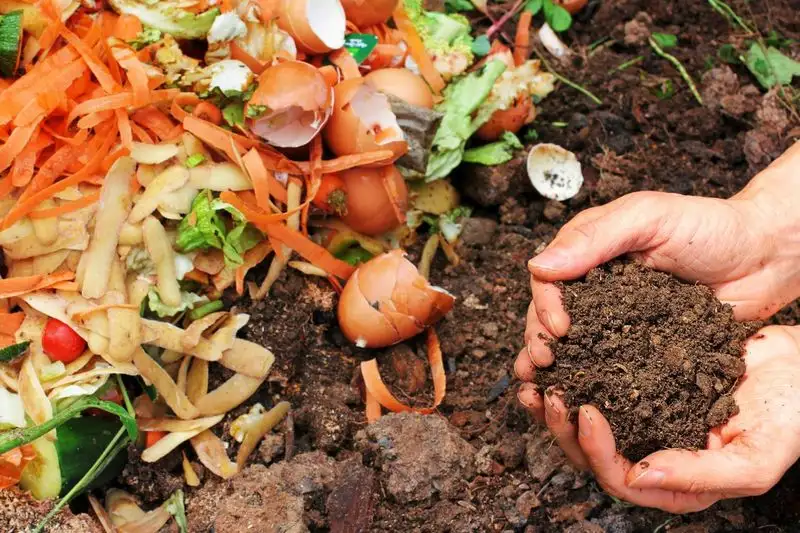
Reducing environmental impact is a compelling reason for gardeners to make their own compost. By recycling organic waste, they contribute to a reduction in landfill use.
Homemade composting reduces the need for chemical fertilizers, promoting a more sustainable ecosystem. This practice not only helps the garden but also the planet.
As awareness of environmental issues grows, more gardeners are looking to lessen their footprint. Homemade composting stands as a simple yet impactful step towards a greener future.
Customization for Specific Plants
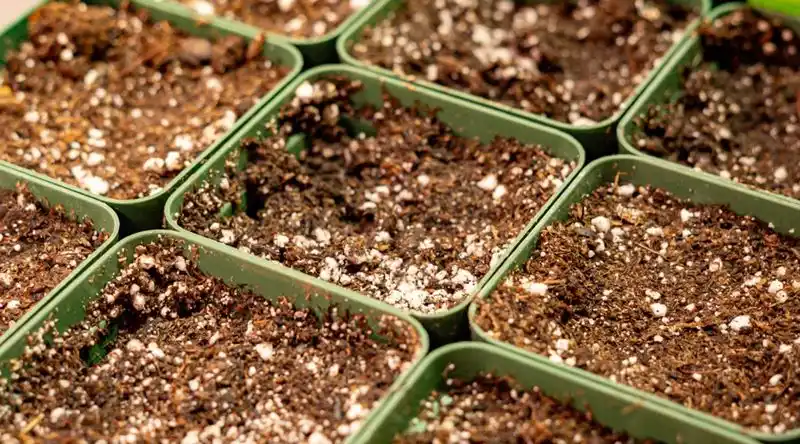
Crafting compost at home allows gardeners to customize nutrient blends for specific plants. Whether it’s acidity for blueberries or extra nutrients for roses, DIY composting offers unparalleled flexibility.
This tailored approach means each plant gets exactly what it needs to flourish. Unlike store-bought options, homemade compost can be adjusted to meet seasonal or special plant requirements.
The result? Gardens that not only look lush but also display a vitality that speaks volumes about the care and attention given. Such customization is a game-changer for plant enthusiasts.
Building Community Connections
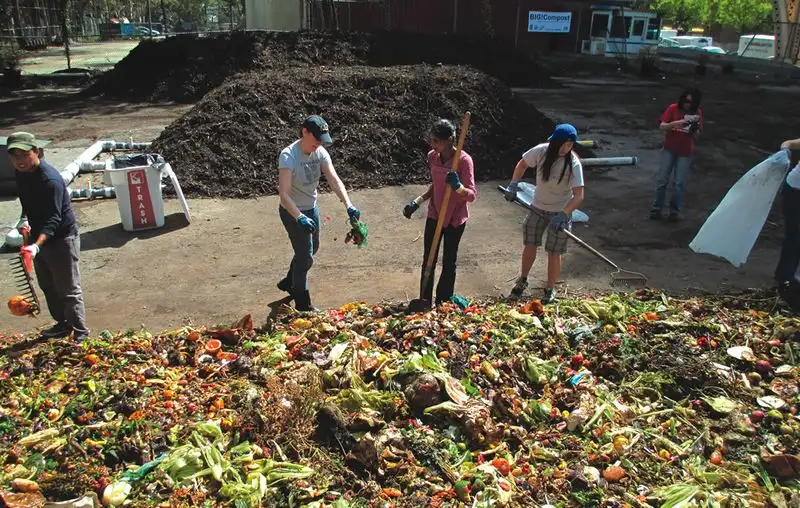
Gardening isn’t just about plants; it’s about community. Making compost at home often leads gardeners to share and exchange tips with others.
This sense of camaraderie fosters a supportive network, where homemade compost becomes a topic of lively discussion and friendly competition.
Collaborating on composting techniques and sharing results strengthen community bonds. This shared journey not only enriches gardens but also cultivates friendships, turning gardening into a collective endeavor.

